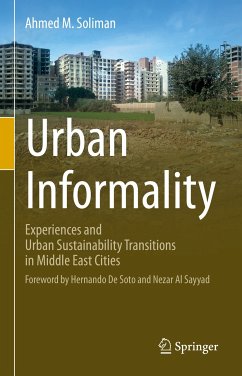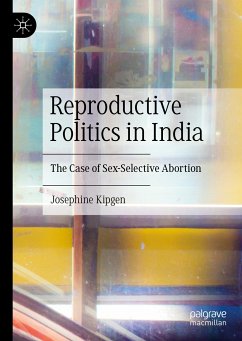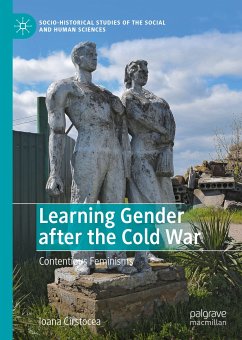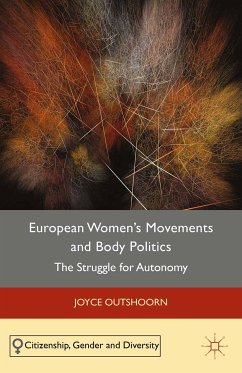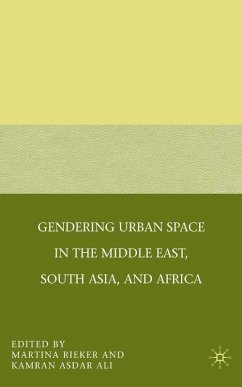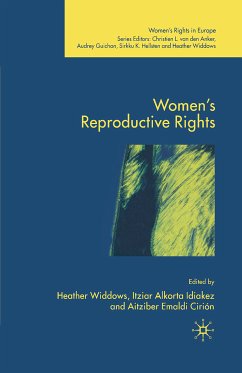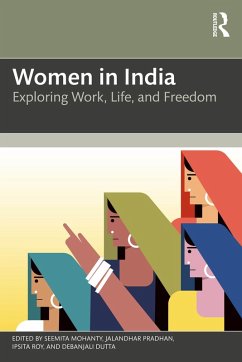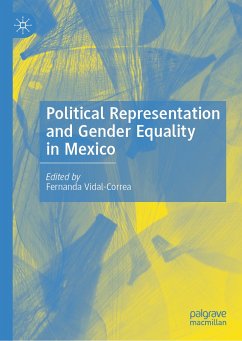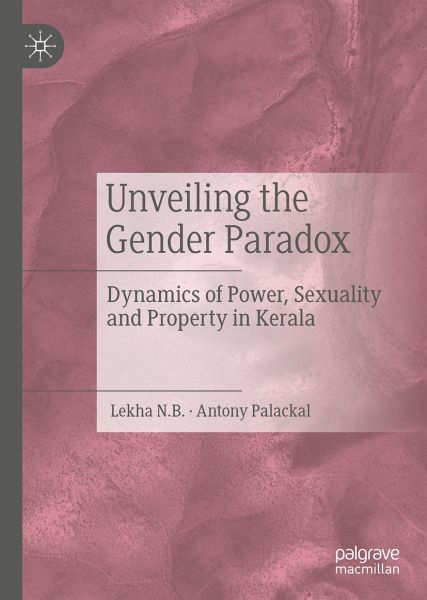
Unveiling the Gender Paradox (eBook, PDF)
Dynamics of Power, Sexuality and Property in Kerala
Versandkostenfrei!
Sofort per Download lieferbar
88,95 €
inkl. MwSt.
Weitere Ausgaben:

PAYBACK Punkte
44 °P sammeln!
Both nationally and internationally, the south Indian state of Kerala has been an object of study for its matrilineal kinship organization among some communities, as well as its achievements in education, literacy, and life expectancy for women against a weak economic base. Nonetheless, scholars have drawn attention to a paradox in Kerala's model of development, namely women's deteriorating social position in Kerala and the rise in violence against women. Against this backdrop, this book explores the intersections of gender, sexuality, marriage, family and kinship as related to the matrilineal...
Both nationally and internationally, the south Indian state of Kerala has been an object of study for its matrilineal kinship organization among some communities, as well as its achievements in education, literacy, and life expectancy for women against a weak economic base. Nonetheless, scholars have drawn attention to a paradox in Kerala's model of development, namely women's deteriorating social position in Kerala and the rise in violence against women. Against this backdrop, this book explores the intersections of gender, sexuality, marriage, family and kinship as related to the matrilineal Nayar community in Kerala. Chapters unravel the interplay between the triple categories of gender, power and social development as they play out at the micro, meso, and macro levels of society, probing the ways in which Nayar women practice agency. Ultimately, the authors explore how the strength of the Nayar community can be used as a case study toward circumventing the prevailing gender paradox and re-imagine a more liberated, empowered and self-reliant woman not only in Kerala, but in India at large.
This book will be of interest to scholars in sociology, gender studies, and development studies, particularly those with a focus on South Asia.
This book will be of interest to scholars in sociology, gender studies, and development studies, particularly those with a focus on South Asia.
Dieser Download kann aus rechtlichen Gründen nur mit Rechnungsadresse in A, B, BG, CY, CZ, D, DK, EW, E, FIN, F, GR, HR, H, IRL, I, LT, L, LR, M, NL, PL, P, R, S, SLO, SK ausgeliefert werden.



